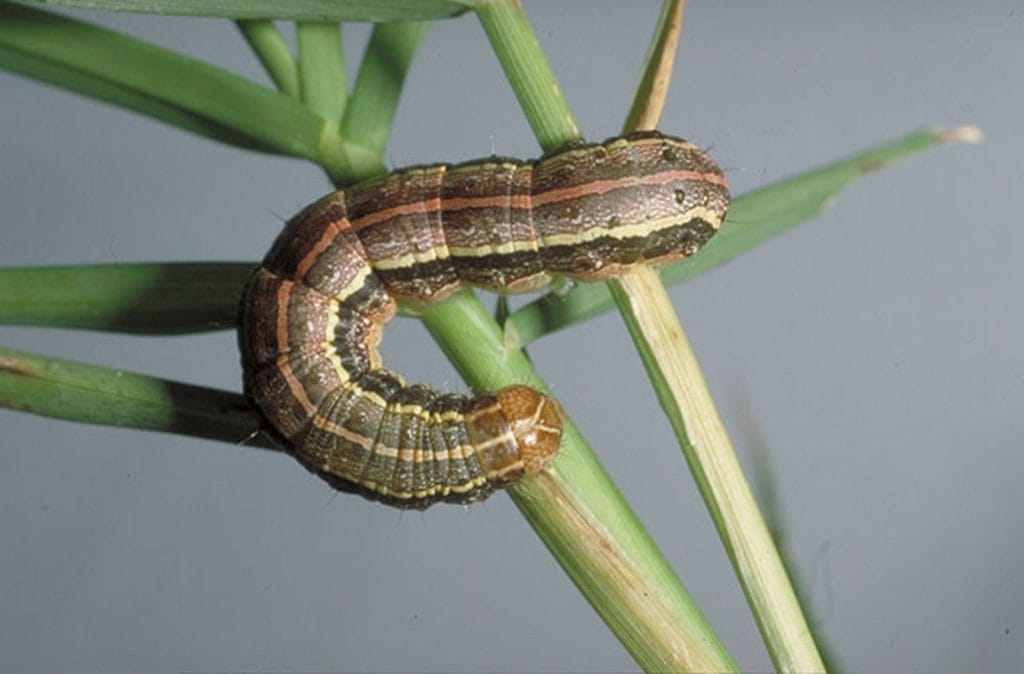Zimbabwe is struggling with its most severe African armyworm outbreak in two decades. The pest has spread to all 10 provinces, affecting 30 districts. Government officials have stepped up efforts to contain the infestation by increasing chemical distribution and surveillance.
Minister of Lands, Agriculture, Fisheries, Water, and Rural Development, Dr. Anxious Masuka, confirmed the outbreak’s rapid spread. He stated that 30 districts are now affected, a sharp rise from the previous season, which saw infestations in only five provinces and nine districts.
To combat the crisis, the government has deployed 214 surveillance traps and distributed over 220 kilograms of chemicals. According to the Information Ministry, these measures aim to slow the spread and protect key crops. The African armyworm (Spodoptera exempta) and fall armyworm (Spodoptera frugiperda) are highly destructive pests. They feed on maize, wheat, and soybeans, damaging leaves, stems, and flowers. This destruction threatens crop yields and food security.
Dr. Masuka explained that infestations usually occur between December and April. Winds carrying seasonal rains bring the pests into Zimbabwe. While they mostly attack young crops, their rapid spread is alarming. A single female moth can lay between 1,000 and 1,300 eggs in her lifetime.
This outbreak comes after Zimbabwe’s worst drought in 40 years. In 2024, Zimbabwe, Zambia, and Malawi declared national disasters due to El Niño-induced drought. The crisis led to widespread crop failures, with Zimbabwe’s Agriculture Ministry estimating a 75/percent loss in maize production. With the country still recovering, this latest infestation raises more concerns about food security.
Zimbabwe is not the only country at risk. The armyworm has devastated crops across Southern Africa before, and climate changes make outbreaks more frequent. Agricultural experts warn that without swift action, the pest could spread to neighboring countries. As Zimbabwe fights to contain the outbreak, authorities urge farmers to stay alert and report any signs of armyworm activity.



